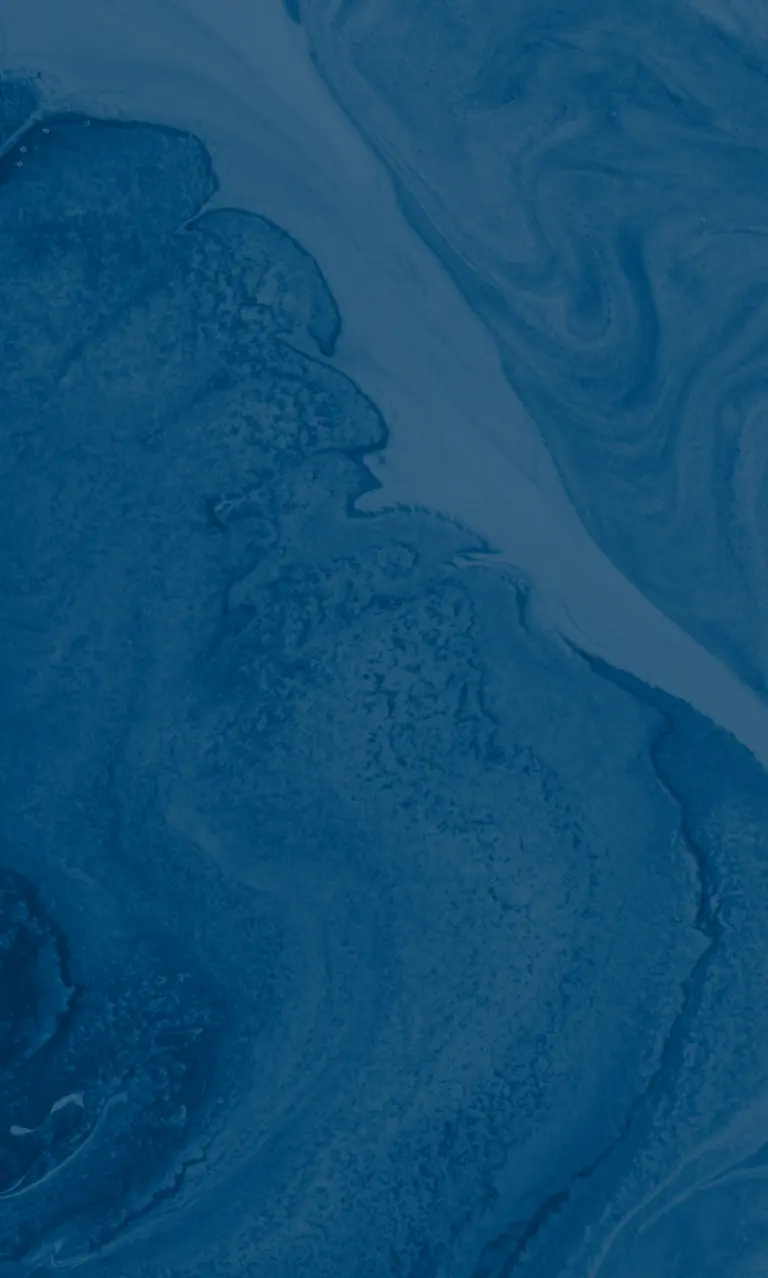RADICAL Developing a new paleo-indicator for the ocean silica cycle
Radiolarians, sponges and diatoms are three organisms which have significantly modified the concentration of dissolved silica (SiO2) in the ocean over the past 600 million years. These silicified organisms are involved in ocean productivity and also have an impact on the cycle of other silica-related elements, particularly carbon. Thus they play a major role in regulating the climate.
Changes to the environment are recorded in their silica skeletons accumulated in sediments. These recordings are of interest to the study of climate change, particularly in regions where the archives of other organisms, such as carbonate-based organisms, are poorly preserved, as in the Southern Ocean for example.
The RadiCal project proposes to use radiolarians as a new paleo-indicator of the ocean silica cycle by calibrating the stable isotope composition of the silica in these organisms in their present-day environment.
The project’s objective will be achieved using a unique multidisciplinary approach involving biology, ecology, taxonomy, geochemistry and paleo-oceanography for in-situ observations, experimental in-vitro cultures in controlled laboratory conditions and sediment analysis using samples taken from different oceanographic basins in the Southern Ocean.
Partners
Centres de recherche
- UBO-LEMAR, Brest [Porteur de projet]
Funders
- Agence Nationale de la Recherche
